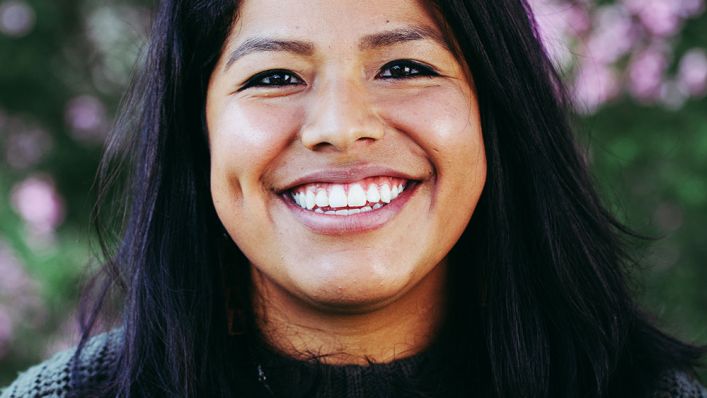In episode 3 of Generation Change, our friends at Stanford bring on colleagues from Two Feathers Native American Family Services for a conversation about mental health challenges amongst Native youth and the importance culturally supportive services.
Hear From:
Dr. Virgil D. Moorehead Jr. (Yurok and Tolowa) — a licensed clinical psychologist and the executive director at Two Feathers Native American Family Services in McKinleyville, Calif. An enrolled member of the Big Lagoon Rancheria (Yurok and Tolowa), Dr. Moorehead is the first in his tribe to attain a graduate degree. A graduate of University of California at Davis (BA), Dr. Moorehead received his Doctorate of Psychology in clinical psychology from the Wright Institute in Berkeley, CA in 2015. During his graduate work, he completed his doctoral internship at the University Michigan, Ann Arbor and post-doctoral fellowship at Stanford University. Dr. Moorehead’s professional interests focus on developing and testing community-based strategies for health promotion with Native American youth. Dr. Moorehead received the Richard Alan Smith Scholar’s Award in 2015 for his work on digital storytelling with urban Native American in Oakland, CA and the 19th Annual Anne Medicine Mentorship Award from Stanford University for his work with Stanford Native undergraduate and graduate students.
Sasha Neyra (Yurok, Tolowa and Peruvian) — a 14-year-old freshman at Arcata High School in Arcata, Calif. An enrolled member of the Big Lagoon Rancheria, Sasha is of Peruvian and Yurok/Tolowa descent. She enjoys ballet, traveling, and learning about psychology. Sasha is an advocate for youth mental issues and wants to be a forensic psychologist when she grows up.
Wakara Scott (Yurok) — Wakara has an associate degree in behavioral and social sciences and will be pursuing a bachelor degree in child development with a minor in Native American studies from Humboldt State University. Her professional interests include serving Native communities through cultural programming, youth prevention and intervention programming and helping youth and families reach their goals and achieve health and wellness. Growing up in foster care, Wakara has lived experience with mental health issues.
Dr. Steven Adelsheim — a child/adolescent and adult psychiatrist who works to support community behavioral health partnerships. He is the Director of the Stanford Center for Youth Mental Health and Wellbeing in the Department of Psychiatry. Dr. Adelsheim has partnered in developing statewide mental health policy and systems, including those focused on school mental health, telebehavioral health, tribal behavioral health programs, and suicide prevention. For many years Dr. Adelsheim has been developing and implementing early detection/intervention programs for young people in school-based and primary care settings, including programs for depression, anxiety, prodromal symptoms of psychosis, and first episodes of psychosis.
ABOUT TWO FEATHERS
Two Feathers Native American Family Services serves all Native youth and families in Humboldt County. To achieve the goal of building thriving Native American communities, Two Feathers works with Native youth and families by providing culturally based, youth driven interventions that promote holistic health and wellness. In March 2020, the California State Assembly Awarded Two Feathers with a Certification of Recognition for “invaluable healthcare contributions that will continue to build generations of healthy Indian communities. Learn more about Two Feathers Native American Family Services on Instagram at @twofeathers_nafs.




















